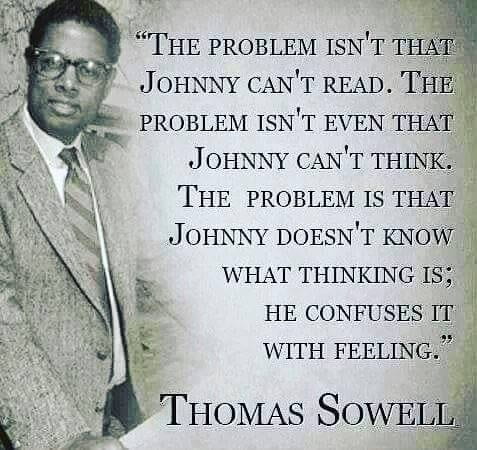There is a sad item in the news today…
Dr. Walter E. Williams, an Economics Legend passed away (March 31, 1936 – December 2, 2020). Dr. Williams was not only an Economist but also the John M. Olin Distinguished Professor of economics at George Mason University in Virginia. Dr. Williams was also an author and commentator in economics, education, and history. My Dad took us kids to hear him speak and/or listen to him discuss ideas when both were students at UCLA (in those days, university commons were like Malls of Ideas; there were many impromptu gatherings of people who would meet to just discuss topics and ideas). Growing up, in my family, our allowance was tied to chores and reading essays by great thinkers. Dr. Walter E. Williams was frequently on the reading list for the week. “Economics for the Citizen” remains a must read! In 2005, some of Dr. Williams’ essays were collected in a book, now digitized on Google Books, including a digital version of “Economics for the Citizen.”
Of the many quotes attributed to Dr. Williams, here are two:
“I personally believe that economics is fun and valuable. People who say they found it a nightmare in college just didn’t have a good teacher-professor. I became a good teacher-professor as a result of tenacious mentors during my graduate study at UCLA. Professor Armen Alchian, a very distinguished economist, used to give me a hard time in class. But one day, we were having a friendly chat during our department’s weekly faculty/graduate student coffee hour, and he said, ‘Williams, the true test of whether someone understands his subject is whether he can explain it to someone who doesn’t know a darn thing about it.’ That’s a challenge I love: making economics fun and understandable.” ~Dr. Walter E. Williams, Economics for the Citizen
This quote by Dr. Wiliams helped to shape my teaching philosophy:
“At the beginning of each semester, I tell students that my economic theory course will deal with positive, non-normative economic theory. I also tell them that if they hear me making a normative statement without first saying, ‘In my opinion,” they are to raise their hands and say, ‘Professor Williams, we didn’t take this class to be indoctrinated with your personal opinions passed off as economic theory; that’s academic dishonesty.’ I also tell them that as soon as they hear me say, ‘In my opinion,’ they can stop taking notes because my opinion is irrelevant to the subject of the class — economic theory.” ~Dr. Walter E. Williams, Economics for the Citizen
Also, the correspondence between Dr. Williams and Dr. Thomas Sowell (another giant of critical thinking) is featured in the book “A Man of Letters” also available to read online at the GCU Library
Rest in peace, Dr. Williams






